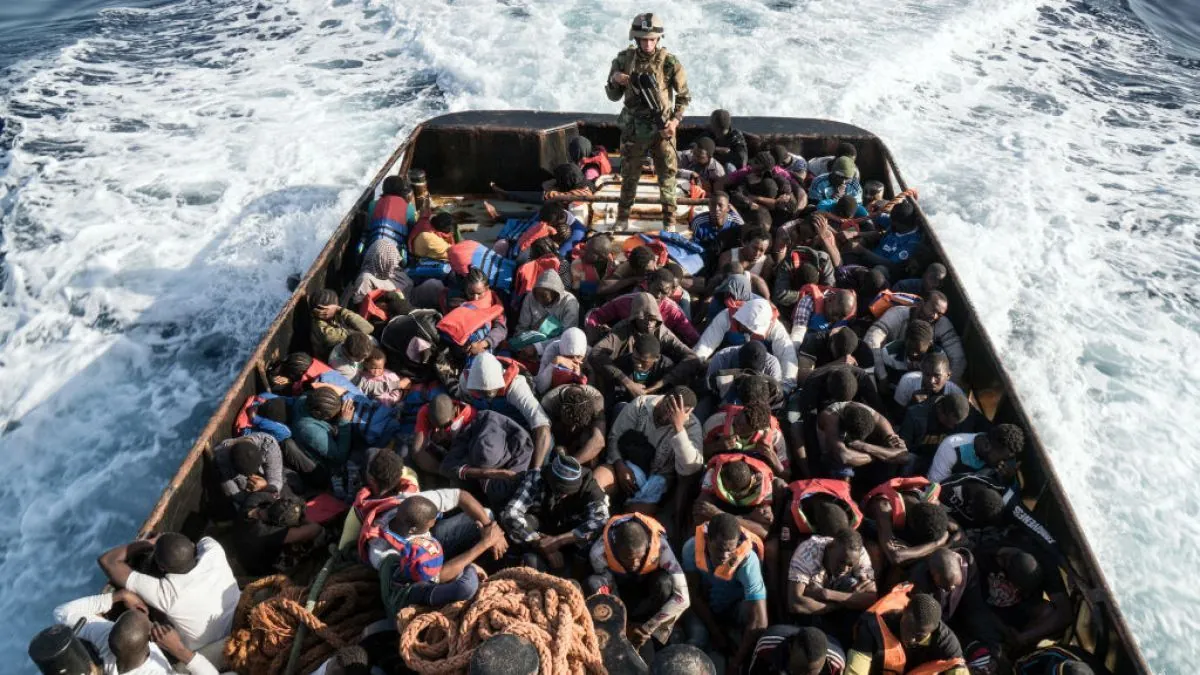On September 2, 2024, Libya's coast guard intercepted 64 migrants attempting to reach Europe via the Mediterranean Sea. The interception occurred off the coast of Sirte, a city notable as the birthplace of former leader Muammar Gaddafi. This event follows a tragic shipwreck near Tobruk on August 30, which resulted in 22 individuals presumed dead or missing.
Libya, with its extensive 1,770 km Mediterranean coastline, has become a primary departure point for migrants seeking better lives in Europe. The country's descent into chaos following the NATO-backed uprising in 2011 has created conditions conducive to human trafficking. Despite having the largest proven oil reserves in Africa and once boasting one of the continent's highest GDPs per capita, Libya's instability has made it vulnerable to such illicit activities.
The Libyan coast guard's actions, including burning the intercepted vessel to prevent its reuse, highlight the ongoing efforts to curb migration attempts. However, these measures have drawn criticism, with accusations of collaboration between the coast guard and human traffickers. The European Union's support for these operations has also faced scrutiny.
According to the International Organization for Migration, established in 1951, the period from January to August 2024 saw at least 434 migrants reported dead and 611 missing off the Libyan coast. Over 14,100 individuals were intercepted and returned to shore during this time. These statistics underscore the perilous nature of the Central Mediterranean route, known as one of the deadliest migration paths to Europe.
Libya's complex geography, bordering six nations and divided into three main regions (Tripolitania, Cyrenaica, and Fezzan), contributes to the challenges of managing migration. The country's population of approximately 6.8 million as of 2024 is dwarfed by the scale of the migration issue it faces.
Migrants who are intercepted often face dire conditions in detention centers. Reports of abuse, including forced labor, beatings, and torture, have led UN-commissioned investigators to describe these practices as potential crimes against humanity. Libya's non-signatory status to the 1951 Refugee Convention further complicates the legal protections available to migrants within its borders.
The ongoing situation in Libya serves as a stark reminder of the complex interplay between geopolitical events, economic factors, and human rights issues in the context of global migration patterns.
